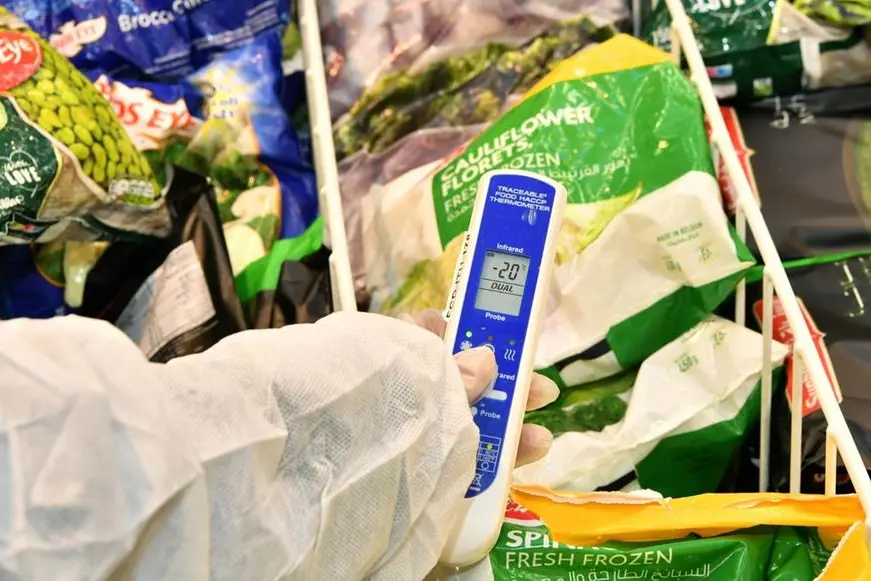PHOTO
ABU DHABI - The Abu Dhabi Agriculture and Food Safety Authority (ADAFSA) conducted over 103,000 inspection visits last year, covering all food establishments within the emirate, as part of its ongoing commitment to bolstering food safety in Abu Dhabi.
Abu Dhabi City accounted for over half of the inspection visits conducted last year, with approximately 63,690 visits, compared to around 29,583 in Al Ain City and 9,998 in the Al Dhafra region.
This announcement coincides with World Food Safety Day, celebrated on 7th June each year. ADAFSA reaffirmed its commitment to providing safe and healthy food for the Abu Dhabi community. This is achieved by adopting effective regulatory systems and comprehensive awareness programmes in agriculture and food based on international best practices and risk analysis principles.
The authority noted that the implementation of its smart inspection system, which utilises artificial intelligence and GPS technology to locate food establishments, has facilitated over 490,000 inspection visits since its launch to carry out daily field tasks for food inspection.
The application automatically schedules inspections, provides contact information for relevant stakeholders, allows access to the establishment's historical record, enables photography and document attachment, and shares the final inspection report with the customer via email or phone.
The "Zadna Rating" application, launched by ADAFSA to share food establishment assessment results with the public, has seen a significant increase in participating food establishments, reaching over 9,000 in Abu Dhabi. This has contributed to the rise in the compliance rate of food establishments by over 73%.
The application allows consumers to view the assessment results of food establishments based on their level of food safety, in addition to a separate assessment of the establishment's participation in the "Sehhi" programme of the Abu Dhabi Public Health Centre.
ADAFSA highlighted its efforts within the Unified Control Project in Abu Dhabi, the first project of its kind in the Middle East, involving ten government entities. The project aims to unify the efforts of regulatory bodies to enhance the control system in all its forms in Abu Dhabi.
Furthermore, ADAFSA organised 85 training courses in food safety to build the capacity of its employees and enable them to carry out food control and inspection tasks. The authority also contributed effectively with partners and customers in organising events and exhibitions and supervising the participating food sites in the emirate, where more than 1,500 events were covered in 2023.
ADAFSA pointed out that the Essential Food Safety Training Programme (EFST) has achieved tangible results by developing the skills of food handlers and building their knowledge of food safety requirements. Since its launch, over 230,081 food handlers in establishments have participated in the programme and obtained certified certificates.
ADAFSA also represents the United Arab Emirates in the meetings of the Codex Coordinating Committee for Near East (CCNE), where it exchanges best global practices in food safety. During the first quarter of this year, the authority participated in 11 Codex meetings and completed eight reports reflecting successful Emirati experiences in food safety.
ADAFSA received the World Summit on the Information Society (WSIS) award, an initiative by the International Telecommunication Union (ITU) of the United Nations, in the business category for its excellence in innovation and implementation of the Food Imports and Exports Platform (FIEMIS), a unified portal for food importers and exporters.
The FIEMIS provides a single window for importers and exporters to submit and track their orders and facilitates procedures for imported food products based on the database available to ADAFSA and its partners. It also provides a service of releasing imported food shipments before the shipment arrives at the port, as well as tracking import and export orders, which contributes to facilitating food trade, increasing the attractiveness of imports through Abu Dhabi ports.





















